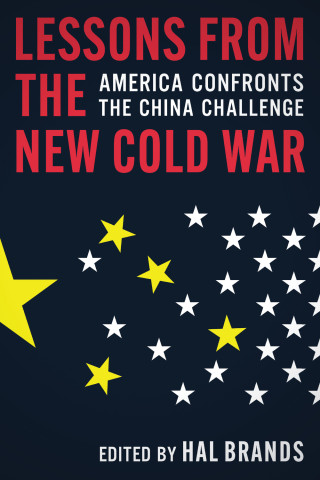
Reviews
Although there are more instances and many case studies of multilateral negotiations, there are almost no conceptual—let alone theoretical—studies of the subject... Fen Hampson has rendered a great service in helping to fill this gap by testing and deriving insights about multilateral decision making from a number of empirical exercises. The work is a major contribution to understanding an important diplomatic activity and to opening up a new field of analysis... This book is a major step in putting multilateral negotiations on the map and in the curriculum as a subject to be taught and analyzed.
Hampson and Hart offer detailed evidence that multilateral negotiation can be a viable alternative to global disorder or imposed regimes. Multilateral Negotiations gives cause for reasoned optimism by showing how individual leaders, epistemic communities, small countries, and international bureaucrats can all help reduce complexity to manageable proportions.
How are scholars to comprehend the rapidly changing world? One valuable tool for their intellectual arsenal should be this book by Fen Osler Hampson with Michael Hart.





